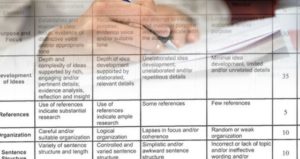Multiple-Choice Exams: Alternative Formats
Some instructional practices rarely change. Even though the teacher using them may have concerns about the approach, it may feel as though there isn’t any other way. Multiple-choice exams are a good example. Too often they encourage superficial learning, with students memorizing and then forgetting






